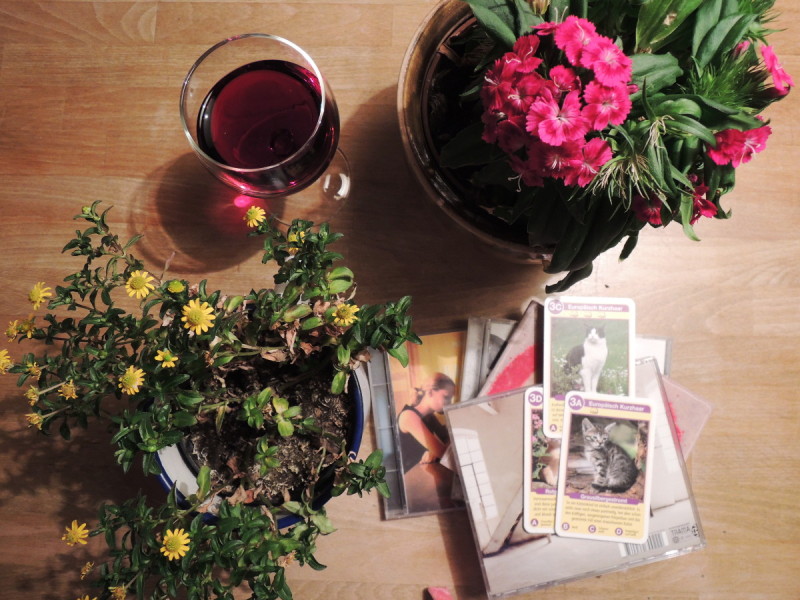My name is Karin, and I was born in Holland in 1965. My parents both had jobs. That was unusual in those days: women who went out to work were bad mothers. There were some who refused to invite the daughter of such a bad mother round to their houses to play.
At fifteen, I realised that I was getting paid less for my Saturday job than my male friend, and I spoke to my boss about it. “Well that’s just the way it is – men earn more than women.” My parents didn’t seem particularly upset about it. I left it at that, but I never forgot it.
My parents were always very keen for me to do well at school. “As a woman,” said my father, “you need to become independent and stay independent – you need to learn a trade so that you are able to support yourself.”
In my last year of college, as part of my four-year social work course at the polytechnic, we dealt with the topic of women and their socialisation. I asked my teacher on several occasions why we didn’t learn anything about men. He replied, “Because everyone already knows it!” (I didn’t, though – I’ve only got a sister.)
After that I worked for several years in youth custody support, mainly with young male offenders. Everybody knew that most of the boys had dropped out of school, but unfortunately not why.
My husband went into international research, and I went with him. He worked in large research institutes, in Asia amongst other places. There I met nothing but affluent stay-at-home wives (from all over the world) who filled their days with shopping and bridge. The only women who worked at the institute were unmarried students. When the first female researcher (who was from Denmark) arrived with her family, there was quite an outcry: what was the poor husband supposed to do all day?
In 2003 we moved to Saxony-Anhalt. I completed a training course in Holland, entitled ‘Rots en Water’. On the course, we talked about boys: what they found troubling, what they found difficult, how they behaved. Suddenly I was seeing familiar situations in a new light. I started working on the subject.
I made friends with a woman who became a valuable discussion partner. She kept pointing out to me how powerful the differences were, and gave me literature – and, above all suggestions – on the issue of gender.
Nowadays this issue is on my mind constantly. At home I sometimes have the impression that my husband and my sons get a bit fed up of it, because I’m always on the lookout. I also try to integrate my knowledge into the way I bring up my children, to raise the awareness of my daughter and my sons. I can see that they reflect on things and that they have taken a lot in. But I don’t give away the fact that I’ve noticed: I watch, marvel and enjoy!
In my work at school I am often able to educate and support boys, their parents, their female fellow students and their teachers.
Now, twenty years on, there are some professions in which women still earn less than their male colleagues. The more we enlighten people, and the more powerfully we do it, the sooner we will be rid of inequality. A fantastic headteacher once said to me: “Be like the tick in an animal’s fur: keep biting, so that we don’t forget you’re there!”

